Rift Valley
‘We’re on the frontline,’ I said. ‘And however many guns we had, it wouldn’t be enough against the cattle rustlers.’ ‘Yes,’ replied my friend Jamie, a shareholder in our farm. ‘You’re low-hanging fruit.’ I showed him the bullet holes riddling my Land Cruiser, and told him again about the ambush, the raids, how farm manager Celestina was having a nervous collapse, how the police never came to our rescue. ‘Jamie, we might have to give up the cattle,’ I said. ‘It will break my heart — this is what I had instead of a mistress to get me through middle age.’
‘Aidan,’ he said, ‘they’re cows.’
On the drive out, I figured if I lose cows it’s no big deal. But what if you lose it all? I wondered how far a man goes before he admits defeat and runs — and what the consequences are. And almost immediately, in the Rift Valley, I learned the story of six brothers and sisters I met while filming a documentary back at the Restart Centre, the orphanage I wrote about before Christmas.
The children are Jane, 15, John, 12, Elijah, 11, Pilot (9 and so named because he wants to fly a helicopter), Mary, 8, and Elizabeth, who’s 6. They arrived at the orphanage rootless, without a past except for vaguely told horror stories. Their mother has vanished; their father, I heard, was a monster, who had attempted to sell his eldest daughter like a slave for £15 before he died of Aids.
The TV producer Wael and I asked, ‘But where did they come from?’ All people knew was that before the vanished mother and the monstrous father, they had fled a place called Kuresoi during a spate of killings in Kenya’s last elections. The orphanage staff wanted to find out more and Wael and I agreed to tag along for the matatu taxi ride up the Rift Valley.
West of Nakuru the land is a farming paradise, truly God’s country. Only the eldest three children had the vaguest memories of this road down which they had trudged for days with thousands of refugees, sleeping out in nights illuminated by burning huts along a way barred by roadblocks made of severed heads. Kuresoi has been a byword for past violence, but the land is in the clouds, with forests and wheat and tea. It’s paradise. The kids had no idea where they were so we stopped to ask two men, who looked into the matatu and said, ‘Is that Pilot?’
The farm was right there. An old lady turned up who said she knew the family. Many families had fled in the bloodbath, but some, like her, had crept back later. I asked, ‘Was their father a bad man?’ ‘Nooo. He was a pastor and a good man who worked hard,’ she pointed at a patch of earth. ‘He had a shop that stood here. Business was brisk.’
We were led into the farm, where new people were living in the children’s old home. People gathered. Some looked worried, others annoyed. Two cattle grazed, a heap of wheat sat ready for winnowing, and above us on the hill a quilted garden of tea blazed green in the sunshine. I was standing under one of four plum trees when John, the second eldest, who had been sullen until now, pointed up at the branches and said, ‘This one has the loveliest fruit.’ He had remembered. We found the well, dropped the bucket down, and the smallest children pulled it up. ‘The sweetest water,’ said Pilot.
I asked the old lady, ‘So what happened?’ ‘Everybody had already run away, but their father refused to leave his home,’ she said. In early January 2008 many people were being killed in the Rift. ‘Eventually they were forced to go. They went with nothing. They slept on the road. I never saw them again but I hear the father was finished. He couldn’t take it.’ That’s it: one day you’re a pastor with tea, wheat, fruit trees and a happy family. The next day it’s all gone, in ruins.
We walked back along the dusty Kuresoi road to the matatu and suddenly John bent down and scooped up a handful of soil. ‘What are you up to, John?’ ‘I’m taking this to remind me of home,’ said John. I gave him a matchbox to put it in. And suddenly all the kids were scooping up handfuls of soil to take with them back down the road.
Got something to add? Join the discussion and comment below.
Get 10 issues for just $10
Subscribe to The Spectator Australia today for the next 10 magazine issues, plus full online access, for just $10.


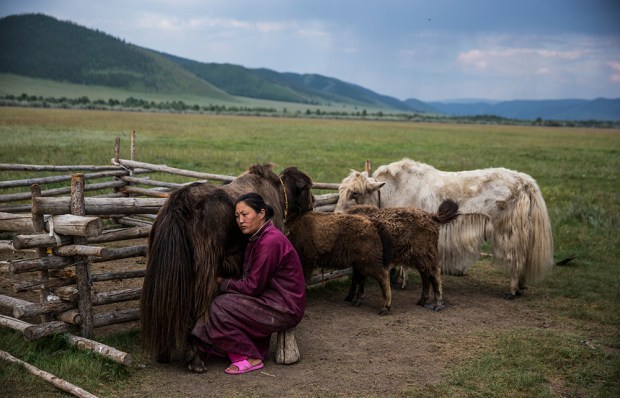
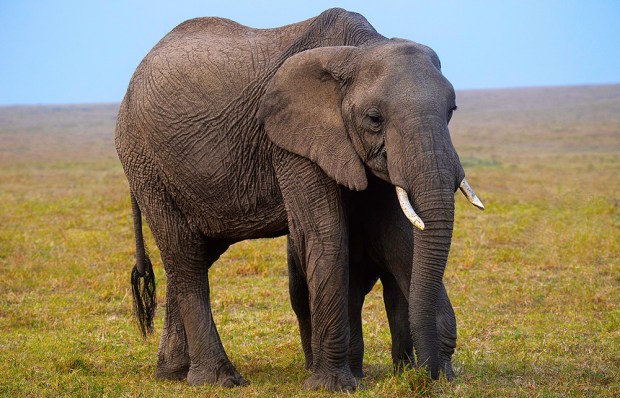
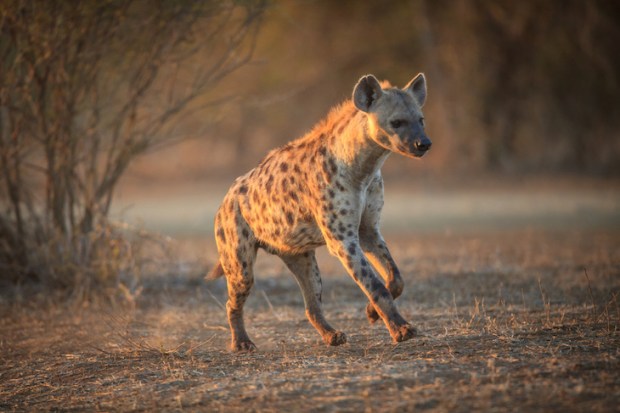
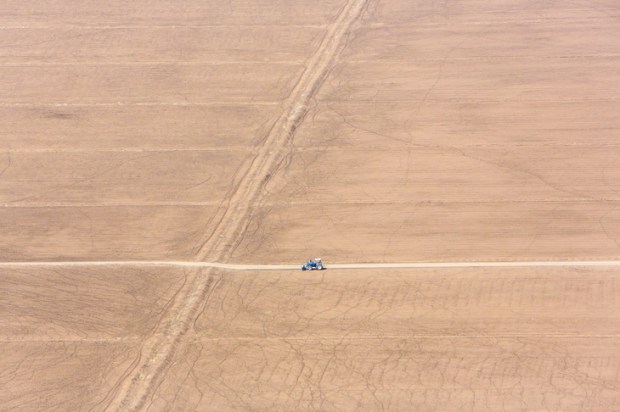

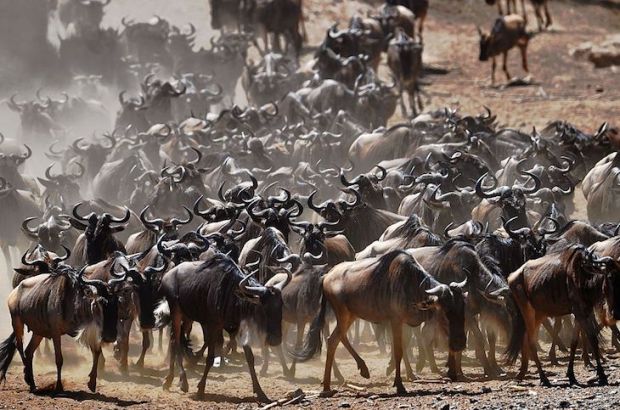






Comments
Don't miss out
Join the conversation with other Spectator Australia readers. Subscribe to leave a comment.
SUBSCRIBEAlready a subscriber? Log in